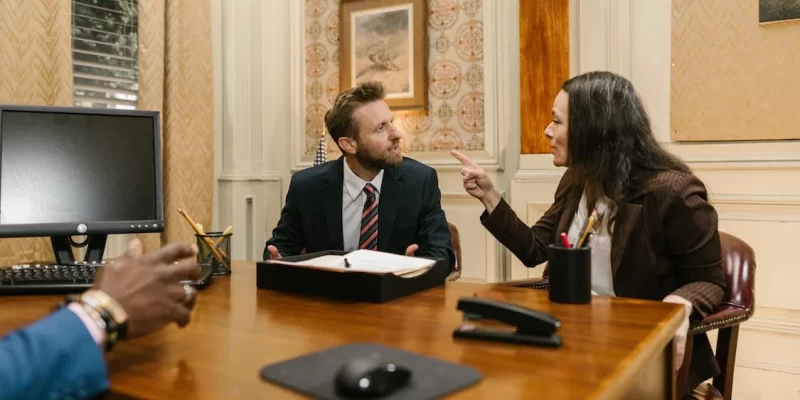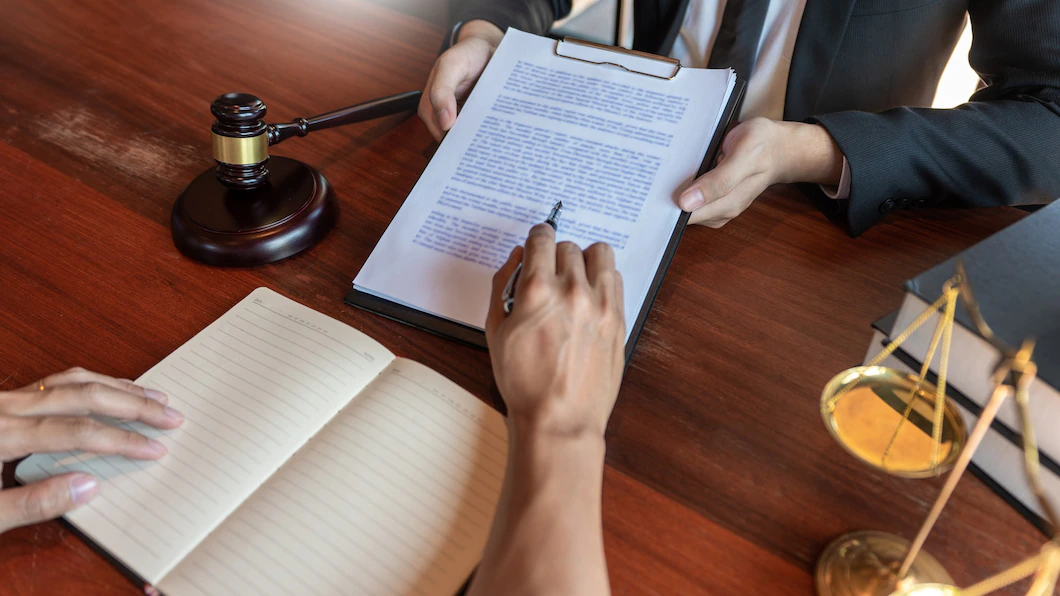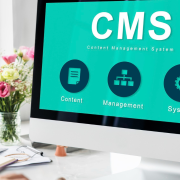
Consulting a family lawyer is a pivotal step when dealing with legal matters related to your family, such as divorce, child custody, spousal support, or estate planning. These situations can be emotionally charged and legally complex, making it essential to seek professional guidance. Family lawyers specialize in navigating the intricacies of family law, ensuring that your rights and interests are protected. Whether you are contemplating a divorce, seeking to modify a custody agreement, or drafting a prenuptial agreement, a family lawyer can provide invaluable insights and legal expertise.
B. What To Expect In This Guide
This guide aims to prepare you for your family lawyer consultation by offering a comprehensive roadmap of the process. Understanding what to expect and how to prepare can greatly enhance the effectiveness of your consultation. We will cover the criteria for selecting the right lawyer, the essential documents and financial records you should gather, crafting a list of pertinent questions, and what to anticipate during the consultation itself. Additionally, we will explore the significance of active listening and post-consultation follow-up to ensure that you make the most of your legal consultation.
C. Selecting The Right Family Lawyer
One of the critical decisions you’ll make is choosing the right family lawyer. Your attorney will play a pivotal role in the outcome of your case, so it’s crucial to conduct thorough research and select an attorney who is a good fit for your unique needs. Factors to consider when choosing a family lawyer include their experience, specialization in family law, reputation, communication skills, and fee structure. Don’t rush this decision, as it can significantly impact the trajectory of your legal matter.
Ii. Criteria For Choosing The Right Lawyer
A. Researching And Shortlisting Potential Lawyers
Start your journey by conducting thorough research. You can begin by seeking referrals from friends, family members, or colleagues who have had positive experiences with family lawyers. Online resources, such as legal directories and reviews, can also provide valuable insights into the reputation and expertise of potential lawyers. Once you’ve identified a list of candidates, schedule initial consultations to discuss your case and evaluate their compatibility with your needs.
B. Gathering Important Documents
Before your consultation, gather all relevant documents pertaining to your case. These may include marriage certificates, divorce decrees, child custody agreements, financial records, and any relevant correspondence. Having these documents ready will enable your lawyer to gain a comprehensive understanding of your situation and provide you with more accurate advice during the consultation.
III. Financial Records: What You’ll Need
A. Legal Documents To Prepare
Depending on your specific legal issue, you may need to prepare legal documents such as a financial affidavit or a list of marital assets. Your family lawyer will guide you on what documents are necessary to present during your consultation. These documents help paint a clear picture of your financial situation and can significantly impact the outcome of your case.
B. Relevant Correspondence And Communication
Compile all relevant correspondence, emails, and communication related to your legal matter. These documents can help your lawyer understand the history and context of your case. Be prepared to discuss any significant interactions or disputes that may have arisen with your spouse or other parties involved.
C. Preparing Your Questions And Concerns
Jot down a list of questions and concerns you want to address during the consultation. These could range from inquiries about the legal process to concerns about child custody arrangements or property division. Preparing a comprehensive list ensures that you make the most of your consultation time and receive clear answers to your pressing questions.
Iv. Creating Your List Of Questions
A. Addressing Specific Concerns
When creating your list of questions, focus on addressing your specific concerns and priorities. For instance, if you are going through a divorce, you might want to ask about the division of assets, child custody arrangements, and spousal support. Tailor your questions to your unique situation to ensure that you receive relevant and actionable advice.
B. The Importance Of Clear Communication
During your consultation, clear and effective communication is key. Your family lawyer is there to help you, but they can only provide guidance based on the information you provide. Be honest and transparent about your circumstances, as any hidden details can have a significant impact on the legal strategy your lawyer recommends.
C. Understanding The Consultation Process
It’s essential to understand the structure and purpose of a family lawyer consultation. Consultations typically involve a discussion of your case, a review of relevant documents, and an opportunity for you to ask questions. Familiarizing yourself with this process can help alleviate any anxiety you may have about the consultation and ensure that you make the most of your time with the attorney.
V. What Happens During A Family Lawyer Consultation
A. Confidentiality And Privacy
During your consultation, rest assured that your conversation with the lawyer is confidential. Lawyers are bound by strict codes of ethics that require them to protect your privacy. Be open and honest with your attorney, as this is essential for them to provide the best possible advice.
B. Fees And Billing Practices
Discuss the attorney’s fees and billing practices during the consultation. Understanding how you will be charged for their services is vital to managing the cost of your legal representation. Many family lawyers offer initial consultations at a fixed fee or as part of a free consultation, so inquire about these options.
C. Maximizing The Consultation
To make the most of your consultation, actively engage with your attorney. Take notes during the discussion to help you remember the advice and recommendations provided. After the consultation, follow up promptly with any additional information or questions that may have arisen. Being proactive and organized can help streamline the legal process and ensure that you and your lawyer are on the same page.
VI. Active Listening Techniques
A. Taking Effective Notes
During the consultation, take thorough and organized notes. These notes will serve as a reference point for you as you navigate your legal matter. Record key points, advice, and action steps that your lawyer suggests. Additionally, document any deadlines or follow-up tasks discussed during the consultation.
B. Post-Consultation Follow-Up And Action Steps
After the consultation, review your notes and prioritize any action steps your lawyer recommended. This may involve gathering additional documents, filling out forms, or initiating specific legal processes. Promptly completing these tasks can help move your case forward efficiently and effectively.
VII. Conclusion
Consulting a family lawyer is a crucial step in addressing legal matters related to your family. By selecting the right lawyer, gathering essential documents, preparing questions, and understanding the consultation process, you can maximize the benefits of your consultation. Effective communication, active listening, and post-consultation follow-up are key components of a successful partnership with your family lawyer. With the insights and guidance provided in this guide, you are better equipped to navigate the complexities of family law and make informed decisions that protect your rights and interests.
Read More:















